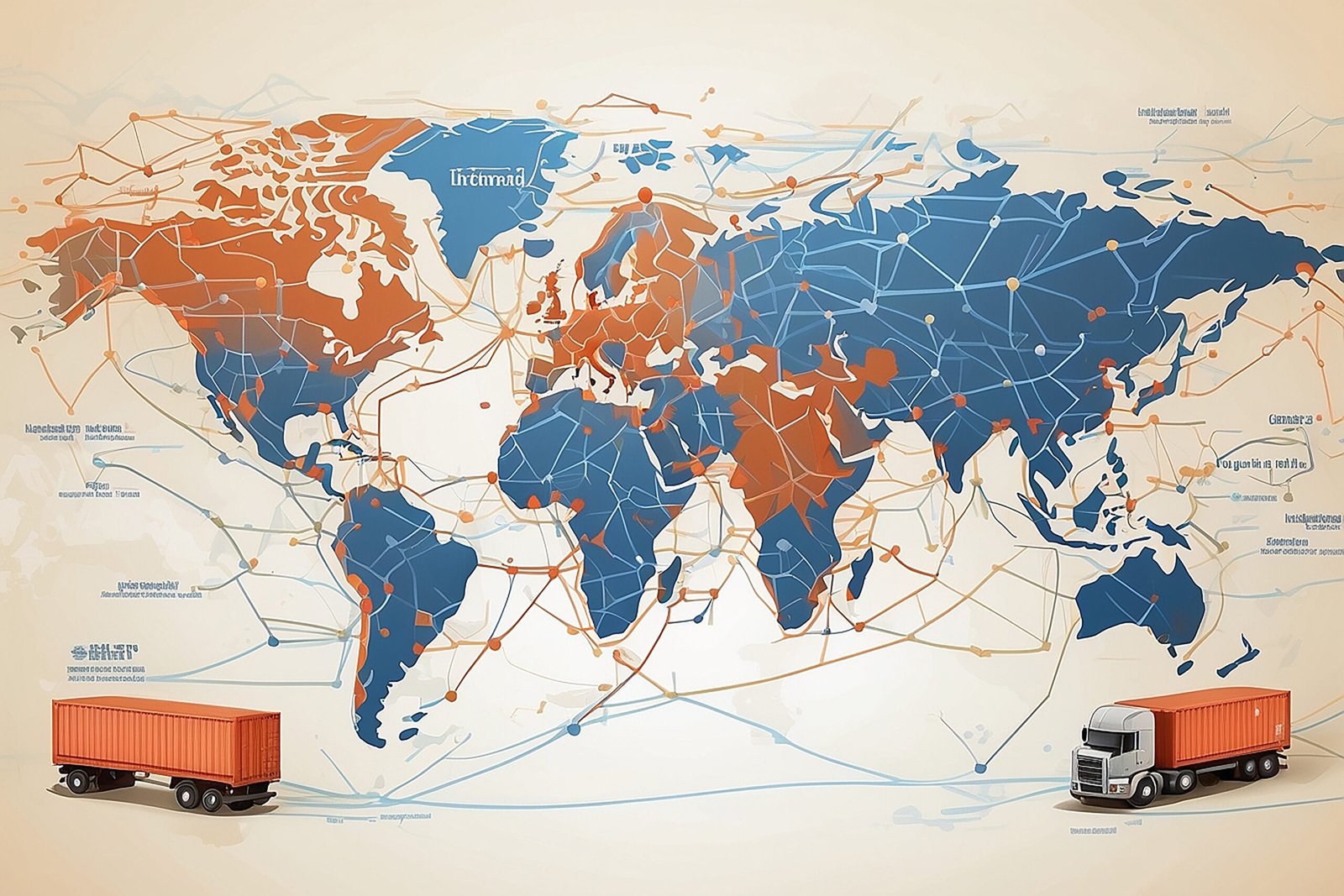The transportation and logistics industry has a rich history that spans centuries, marked by significant milestones, innovations, and transformations. Understanding the evolution of this industry provides valuable insights into its current state and future trajectory. In this blog, we’ll embark on a historical journey through the key developments that have shaped the transportation and logistics landscape.
Early Origins
The roots of transportation and logistics can be traced back to ancient civilizations, where trade routes emerged to facilitate the exchange of goods over long distances. In Mesopotamia, the development of wheeled vehicles and river transport laid the foundation for early logistics practices. Similarly, ancient Egypt relied on the Nile River for transportation and trade, with goods transported by boats and barges.
Medieval Trade Routes
During the Middle Ages, trade routes such as the Silk Road, connecting Europe and Asia, flourished, facilitating the exchange of silk, spices, and other valuable commodities. The Silk Road not only facilitated trade but also facilitated the spread of ideas, cultures, and technologies across continents. Similarly, maritime trade routes, such as the Mediterranean Sea, played a vital role in connecting civilizations and fostering economic exchange.
Age of Exploration
The Age of Exploration in the 15th and 16th centuries marked a significant expansion of global trade networks. Explorers such as Christopher Columbus, Vasco da Gama, and Ferdinand Magellan discovered new sea routes, opening up trade routes to the Americas, Africa, and Asia. The establishment of colonial empires by European powers further fueled global trade, with goods flowing between continents.
Industrial Revolution
The Industrial Revolution in the 18th and 19th centuries brought about transformative changes in transportation and logistics. The invention of steam-powered engines revolutionized transportation, enabling the development of railways, steamships, and canals. Railways emerged as a crucial mode of transportation, facilitating the movement of goods and people across vast distances. Similarly, the construction of canals, such as the Erie Canal in the United States, facilitated inland water transport and trade.
Rise of Modern Logistics
The 20th century witnessed the rise of modern logistics practices, driven by technological advancements and globalization. The introduction of motorized vehicles, trucks, and airplanes revolutionized transportation, making goods transport faster, more efficient, and cost-effective. The advent of containerization in the 1950s further transformed the logistics industry, standardizing cargo handling and enabling seamless intermodal transportation.
Digital Revolution
In recent decades, the digital revolution has reshaped the transportation and logistics landscape, ushering in an era of digitization, automation, and connectivity. Technologies such as GPS, RFID, and telematics have enhanced supply chain visibility, tracking, and management. Furthermore, the emergence of e-commerce has fueled the demand for efficient logistics solutions, leading to innovations such as drone delivery and autonomous vehicles.
Conclusion
The transportation and logistics industry has evolved significantly over the centuries, driven by technological advancements, globalization, and changing consumer demands. From ancient trade routes to modern supply chains, the industry has continuously adapted to meet the evolving needs of society. As we look to the future, continued innovation and collaboration will be essential to address emerging challenges and unlock new opportunities in the ever-changing world of transportation and logistics.
Explore how Divyaraj Logistics leverages cutting-edge technology and industry expertise to deliver seamless transportation and logistics solutions tailored to your business needs.





